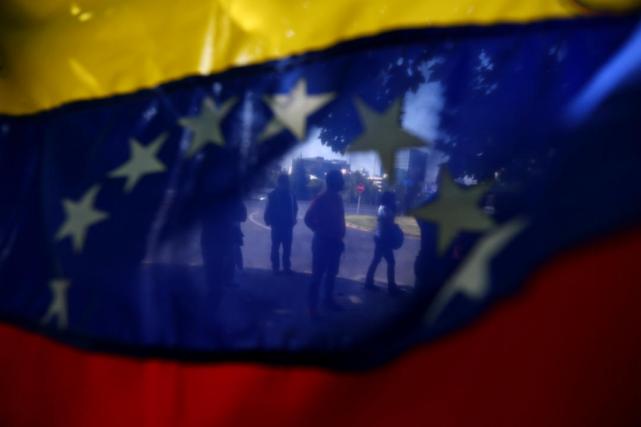The Zulia State Human Rights Commission (Codhez) released the December 2019 newsletter on the general situation of human rights in Zulia that documents a series of violent incidents with the involvement of state security officials leading to the death of at least 407 people from July to December 2019.
After adding the data for the first semester published in the Codhez bulletin of June 2019, 657 alleged criminals and 3 police officers died during this type of violent incident in the whole of 2019.
According to figures compiled by Codhez from media outlets in the region, at least 187 violent incidents with police intervention took place in Zulia state in the first half of 2019. They resulted in the death of 250 people who were classified as alleged criminals.
Meanwhile, during the second semester of that same year, 311 violent incidents involving police intervention were documented in Zulia where 407 people died, all of whom were classified as suspected criminals. In these incidents, 2 officials also died. Related deaths increased by 62.82% in the second half of the year.
During the second semester of 2019, 310 alleged clashes between members of various security forces of the Venezuelan State were recorded, and an inmate under the custody of the National Anti-Extortion and Kidnapping Command (Conas) was beaten to death.
Figures for violent incidents
In the second semester of 2019, September accounted for the highest number of deaths with 97 victims. December recorded the lowest, at 31. 58 deaths were documented in July, and 79 in August, including the death of 2 officers in different incidents. 96 deaths were recorded in October and 48 in November.
Regarding the age of the victims, over half of the cases involve people younger than 30 (67,38%), out of the cases where the victim’s age is available or known. It is noteworthy that, out of 409 victims 407 were males and 2 were females.
On the participation of the officers, a national security body was involved in 168 (54.02%) of the recorded 311 violent incidents. The Special Action Forces (FAES) was involved in 45 of them (14.47%), being the second body that accumulates more violent operations only surpassed by the Bureau for Scientific, Criminal and Forensic Investigations (Cicpc), which was present in 72 incidents, almost a quarter of the total registered (23.47%).
Likewise, 110 cases included police operations with the participation of some regional security body (35.37%), and 53 cases involved municipal police officers, who are administrative bodies of preventive action (17.04%).
Violent incidents took place in at least 20 of the 21 municipalities that make up Zulia state. 196 of them were registered in the Maracaibo metropolitan area, making violent incidents involving police intervention most prevalent in this municipality (34,41% of the total), followed by San Francisco (16.27%), Baralt (8.04%), La Cañada de Urdaneta (7.07%), Cabimas (5.47%), and Miranda (4.82%).
It should be noted that on October 23, 2019, Zulia state government secretary Lisandro Cabello told the media he had recorded the death of more than 100 people every week during clashes with security officials of the State.
Given this scenario, Codhez considers that “there are reasonable grounds to believe that many of these deaths constitute extrajudicial executions perpetrated by security forces, particularly FAES”, in line with the provisions of the Report of the United Nations High Commissioner for Human Rights, Michelle Bachelet, on the situation of human rights in Venezuela.
The organization also agrees with the High Commissioner’s Office, on the existence of a pattern in these alleged extrajudicial executions: they occur against young men in the context of security operations in slums. No measure has been taken to prevent the commission of these arbitrary deprivations of life. Rather, they have been sponsored by the national government.
Finally, Codhez urges the Venezuelan State to comply with its obligations of prevention, investigation, sanction, integral reparation, and due process before the victim, who also has the right to know the truth.




